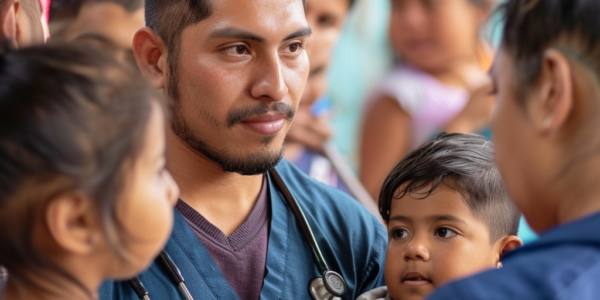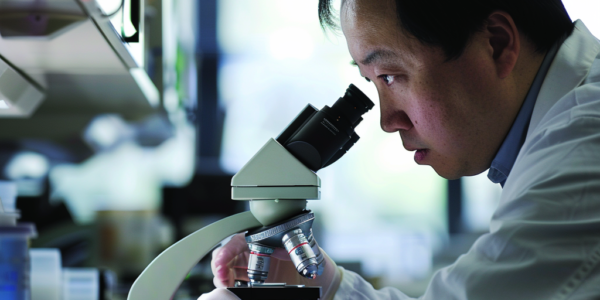Genetic Basis of Human Handedness Revealed in New Study
A new study published in Nature Communications reveals the genetic basis of human handedness, suggesting that rare protein-altering variants may play a significant role. The study involved exome data from over 38,000 left-handed and 313,000 right-handed individuals, finding significant association with left-handedness in the beta-tubulin gene TUBB4B. The research also identified rare coding variant association with left-handedness in genes previously implicated in autism or schizophrenia, shedding light on the genetic underpinnings of this trait and offering valuable insights into the genetic factors influencing human handedness.
Household Chemicals May Adversely Affect Brain Development, New Study Finds
A new study suggests that everyday household chemicals, found in disinfectants, furniture, and even toothpaste, could have adverse effects on brain development. The study highlights the potential risks posed by these substances to brain health and their potential association with neurological conditions such as multiple sclerosis and autism spectrum disorders. The findings call for more comprehensive scrutiny of the impacts of common household chemicals on brain health and suggest the need for informed decisions regarding regulatory measures or behavioral interventions to minimize chemical exposure and protect human health.
Debunking Eclipse Myths and Health Concerns
Learn about the real health risks of solar eclipses and the myths surrounding their impact on pregnancy. Find out how to protect your eyes and your baby’s health during an eclipse.
Paramedic’s Initiative Provides Lifesaving Support for Opioid Addicts
Fire Capt. Jesse Blaire meets Shawnice Slaughter, who overdosed on opioids, and informs her about a free program that provides support for recovery. This program offers medication, doctor’s appointments, transportation, and practical assistance, symbolizing a significant shift in how counties are tackling the opioid crisis. By meeting individuals in need where they are, this initiative aims to make a meaningful impact on the lives of those struggling with opioid addiction.
World Health Day 2024: Experts Reveal Healthy Dietary Patterns
Experts reveal healthy dietary patterns for World Health Day 2024, emphasizing the importance of hydration and good fats in the morning. Abhilasha Sharma, a nutritionist, shares insights on breakfast and meal balance to maintain a disease-free life.
Tuberculosis Cases Confirmed Among Migrants in Chicago
Recent reports confirm tuberculosis cases among migrants in Chicago. Measures are being taken to contain infections, with the city increasing its budget for healthcare services to migrants. This comes amid ongoing discussions about immigration and border policies.
Study Shows Link Between Food Preferences and Cognitive Function
Discover how food choices are linked to cognitive function, mental health, and brain health in a new collaborative study from Fudan University and the University of Cambridge. The study found that a healthy, balanced diet is associated with better brain health, cognitive function, and mental well-being compared to other diet types. Learn more about the impact of food preferences on cognitive and mental function.
New Case Study Sheds Light on Rare Condition Causing Distorted Face Perception
Learn about the rare condition prosopometamorphopsia (PMO) and its unique manifestation in a recent case study. Unlike prosopagnosia, PMO causes individuals to perceive faces as distorted, sometimes appearing demonic. Discover the causes and impact of this exceptionally rare condition.
Nunavut family speaks out after 8-year-old given tuberculosis medication intended for another child
A Nunavut family is speaking out after their 8-year-old daughter was mistakenly given tuberculosis medication intended for another child, raising concerns about communication and consent in medication administration. The incident has sparked discussions about the importance of informed consent and communication between health authorities and parents, especially in communities facing public health challenges.
Chinese Scientist He Jiankui Resumes Genome Editing Research
Controversial scientist He Jiankui, known for creating genetically edited babies, has returned to his lab to focus on Alzheimer’s and genetic disease research. Despite backlash and legal consequences, he plans to resume human embryo genome editing within regulations. His actions have sparked global condemnation and reignited debates about the ethical boundaries of gene editing.










